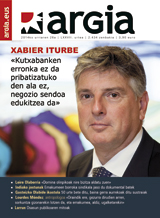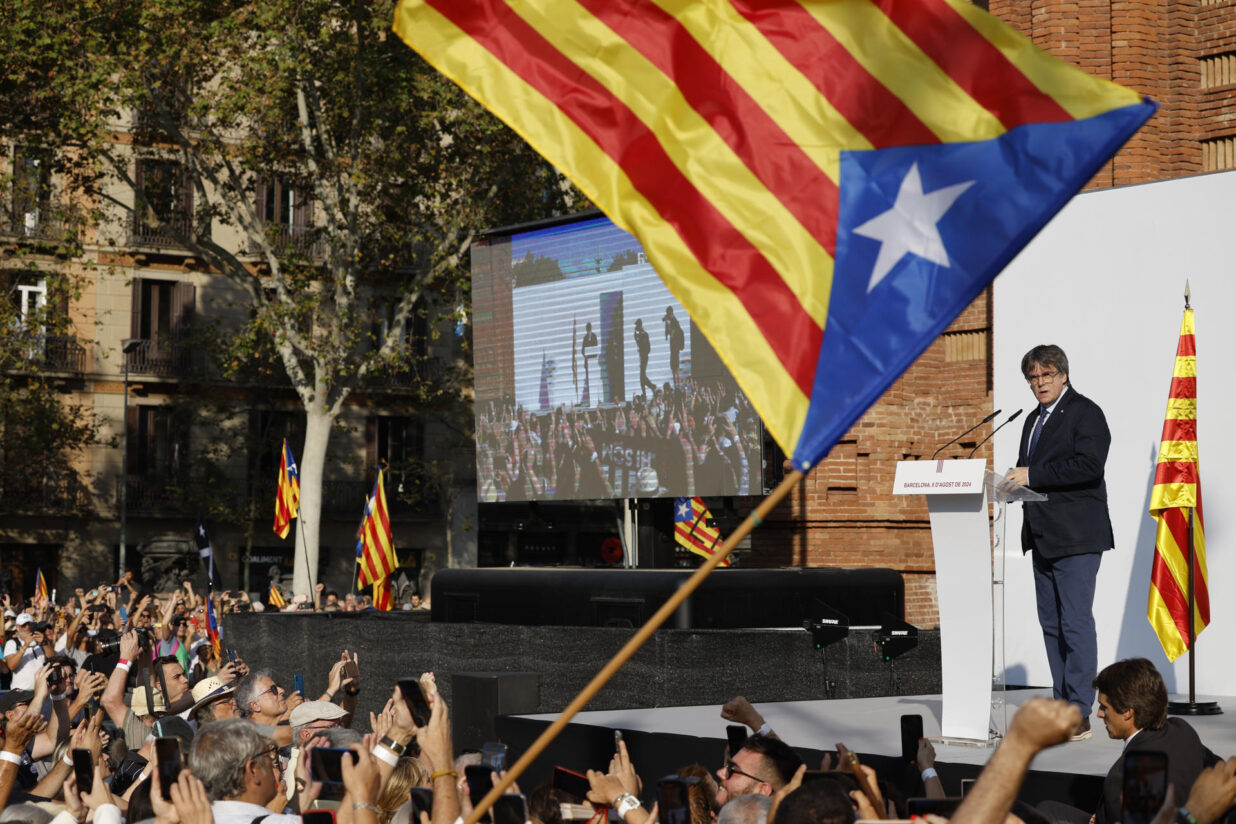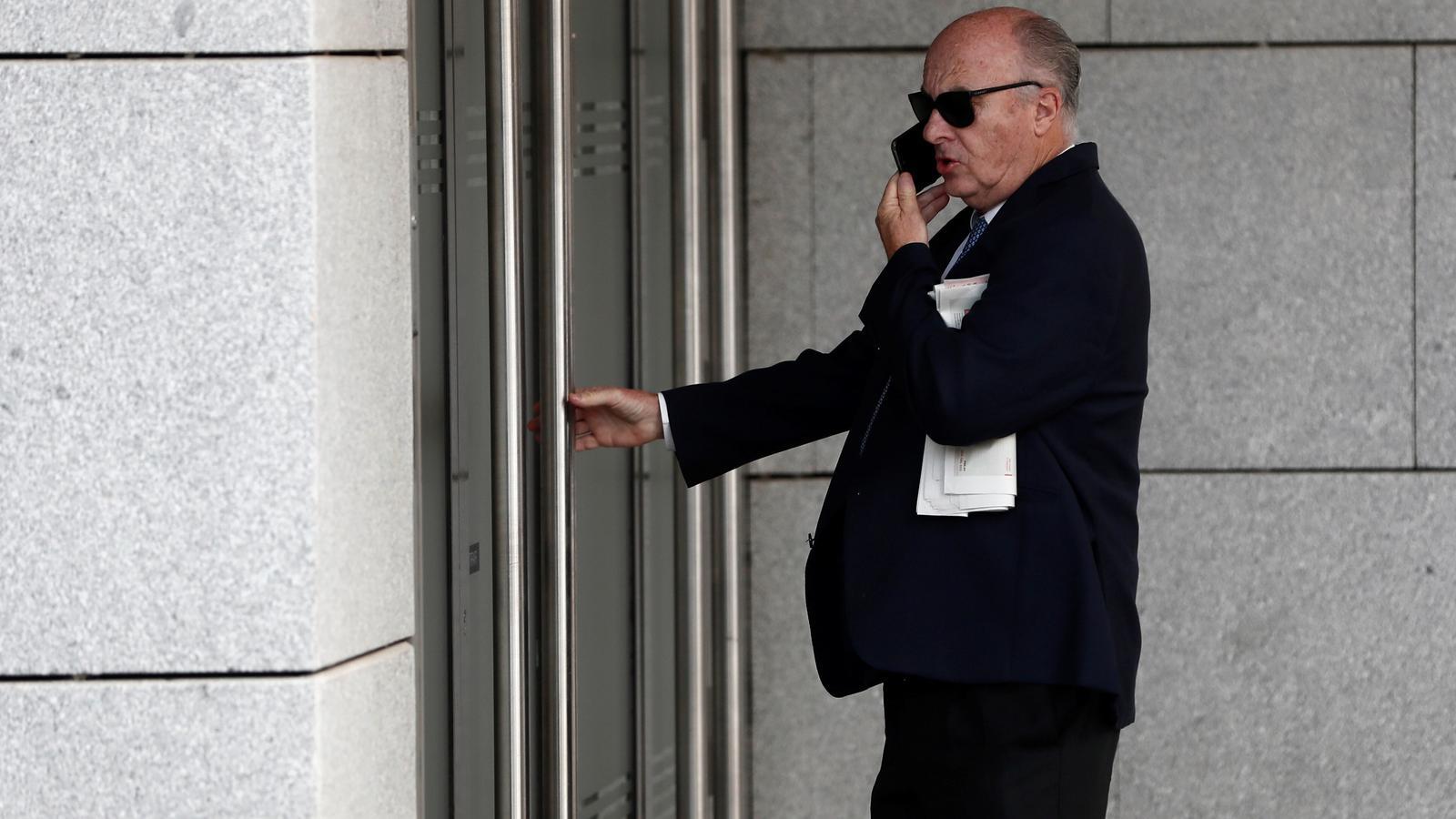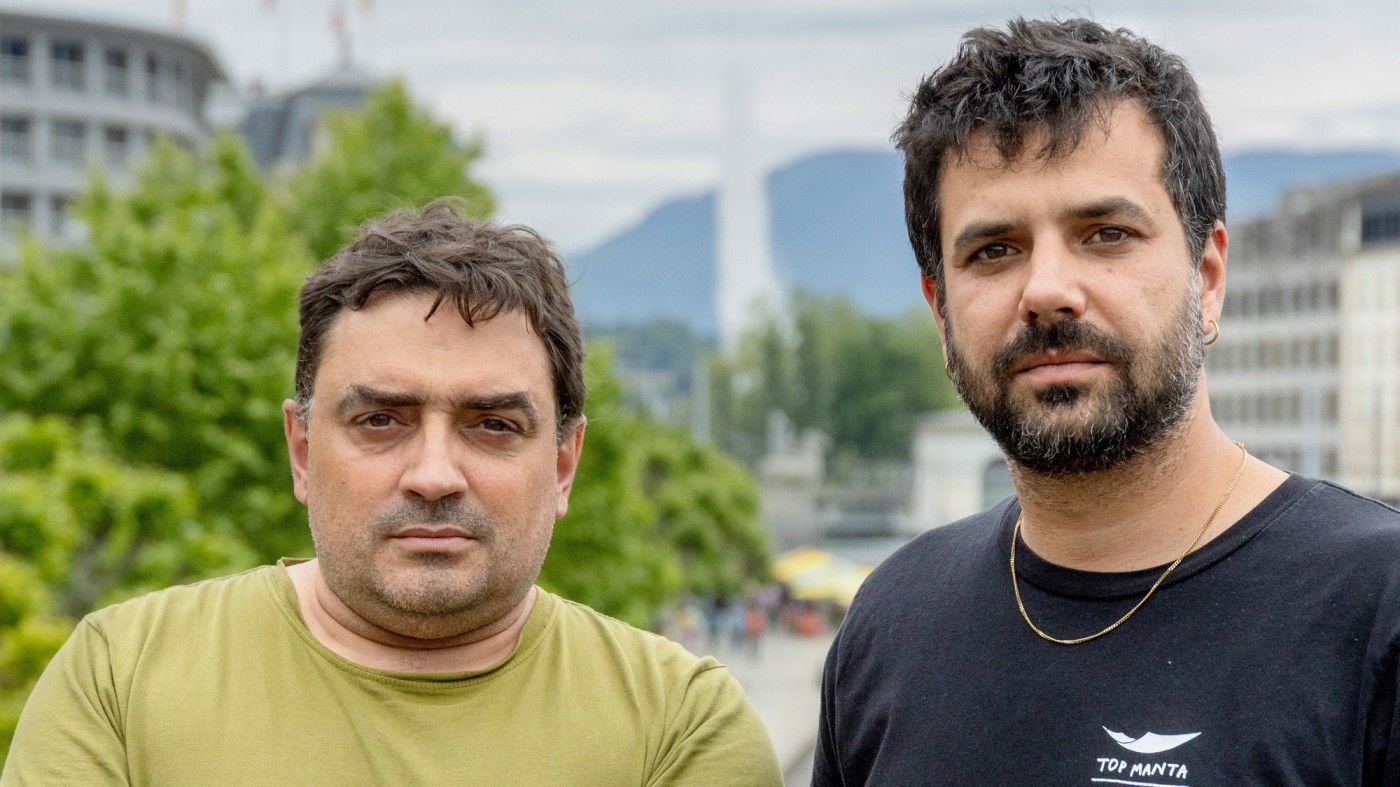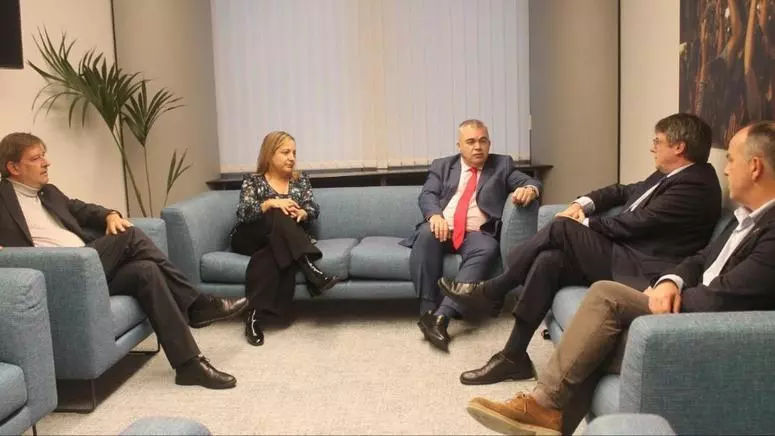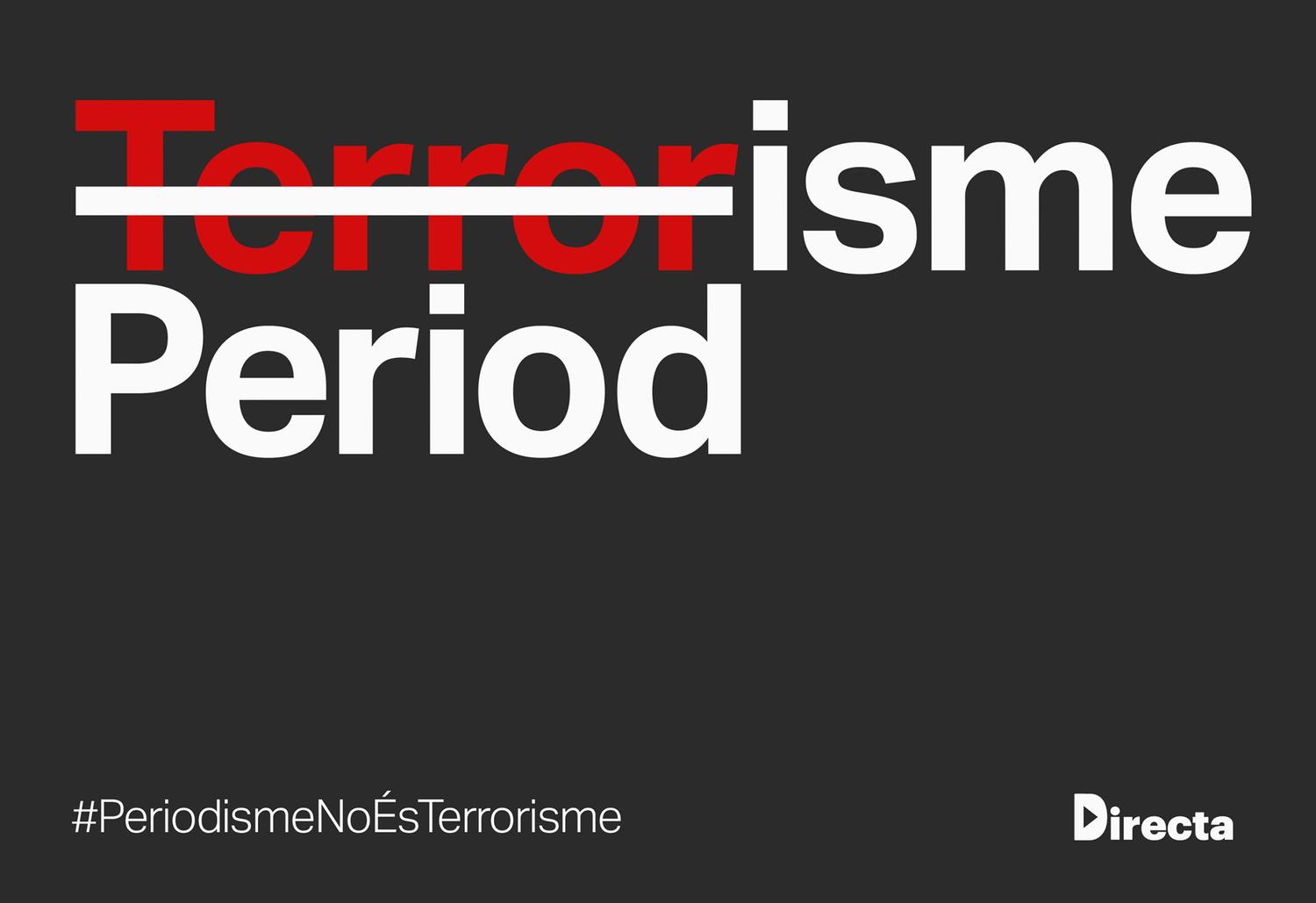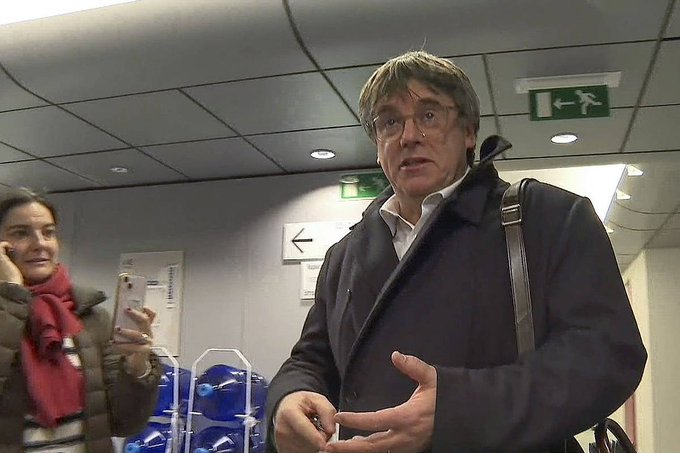Independence yes, but now or later?
NOBODY knows what can happen at a particular moment in the Catalan independence process, but at the moment it can be said that what happened was one of the most anticipated scenarios: the first consultation of 9 November, forbidden by Madrid, will be held ahead of the elections and will be given the character of plebiscites.
In this broad scheme, however, there are surprises, suspicions, rival parties and a point of disorientation that will gradually be channelled. On the one hand, Artur Mas has removed the alternative referendum from the maxillofacial site and has requested a unified sovereign list for the elections, maintaining the marking made by ERC. But the party of Oriol junqueras is going to keep there, trying to tie Mas on a short string; it's the opposite of what he's going to get.
It seems that Mas has now opted for the most reasonable option: on the one hand, to avoid the reaction of Spain and to pose a new challenge with the alternative referendum; to maintain the pressure of ERC and to take it to a unitary list, which has not yet materialized. The bad data that the polls bring to his party are his weakness and, in that sense, he will do his best to present himself with ERC, either with a direct coalition or with a broad independence list. In both cases, it seems that it would be he who would lead the list.
All of that would give a little air to Mas and CDC, but not so much to remove the pressure from CKD, because, after all, in one way or another, there is a lot of independentist pressure. In addition to ERC, the request that last Sunday Òmnium Cultural and ANC convene elections within three months goes in the same direction.
The way in which elections are presented is key to securing in that plebiscite the largest number of votes in favour of independence, but also the basis of the programme. Independence yes, but how do we formulate it? ERC knows what it wants: to make it clear in the programme that if the independentists get the majority the Catalan Parliament will proclaim independence. And will he accept that? It does not seem, let alone not knowing what the support for that list is. But now Mas's goal is not to proclaim independence, but to make independence a clear victory for the plebiscite. To do this, it may be enough to formulate something such as: “We are in favour of the independence of Catalonia and we are committed to making it effective in this legislature.” It should not be forgotten that in Spain there may also be major changes following the elections at the end of 2015, and that what happens there may also be important for the development of Catalan. So, wait until then and negotiate with Spain or, if the numbers give it, proclaim independence earlier? There seems to be a struggle between these two tendencies in Catalan independence, and election results will also help clarify the dilemma.
In the past, the 9N will have to be celebrated, which will also be seen as a measure of the strength of independence. Independence has no other choice, and it has to put the maximum force for this to be as successful as possible. The key will be participation, and if a million people participate in such a referendum, it would be a great boost to the elections.
And what level of participation in the elections would be necessary for the triumph of independence to be clear? In theory, most voters plus one, but there are also figures that let you see what can be legitimate, what is worth and what a big win. In 2006, the referendum on the current status of autonomy was held, involving 2,570,000 people (48% of the census) and 73% voted in favour and 20.76% in contra.En the 2012 regional elections the sum of the votes of CIU, ERC and the Cup amounted to 1.7 million, with a participation of 67.7%. In the current elections they can achieve much more if sovereign society is mobilised well. But this must be achieved and it is in the interests of all sovereignty to prepare as forcefully as possible with the A9 referendum. For Madrid any figure is a defeat, but for the sovereigns it will be an ideal thermometer to reflect on how to face the anticipated elections.
Walk from a train station, two friends and a hug. This hug will be frozen until the next meeting. I'll come home, he'll stay there. There, too, will be free the painful feeling that injustice wants us to catch. Jesús Rodríguez (Santa Coloma de Gramenet, 1974) is a journalist,... [+]









